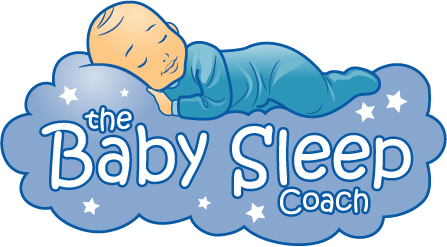Research shows that twenty to thirty percent of all infants and toddlers will have some difficulty sleeping. Infants often have sleep problems during the first year of life. These include irregular sleep patterns, trouble getting to sleep, and waking at night. Sleep problems tend to continue or reappear in the preschool years and have been linked to childhood behavior problems, hyperactivity in children, psychiatric symptoms in adolescence and maternal depression. Many parents feel that their children will not go to sleep unless they feed or rock them to sleep. This is because the child has only learned how to fall asleep by being fed or rocked. Persistent night awakenings in infants and toddlers usually reflect the child’s inability to self-soothe back to sleep without parental attention. It is important, however, that as a parent you help your child develop good sleep habits at an early age. If a child is not given the opportunity to develop strategies to fall and stay asleep on their own, they may become dependent on outside stimuli to assist them.
Infants need to be taught how to fall asleep. Recent research has shown that babies and toddlers are more securely attached and happier after sleep coaching. Babies who fall asleep on their own are more likely to fall asleep faster and become better able to soothe themselves to sleep. The best way to develop healthy sleep habits is to have a consistent bedtime routine and to put your infant into their bed while they are drowsy but awake.
Research finds infants who have not established good sleep patterns by eight months of age are likely to have frequent night awakening still at age three. One study found that when parents of four month old infants were encouraged to start putting their babies to bed while they were still awake, by nine months of age, these babies were sleeping much better than parents who waited until their babies were asleep in their arms before laying them in their cribs.
If you start sleep coaching early, you will be off to a good start to preventing sleep problems. Developing the ability to self soothe will enable your baby to snooze for longer stretches and put himself back to sleep when he awakens in the night.
Sleep problems in babies create a vicious cycle in which lack of sleep effects parental happiness, which in turn effects parental relationships, which creates discord in the household, which in turn effects infant temperament.

